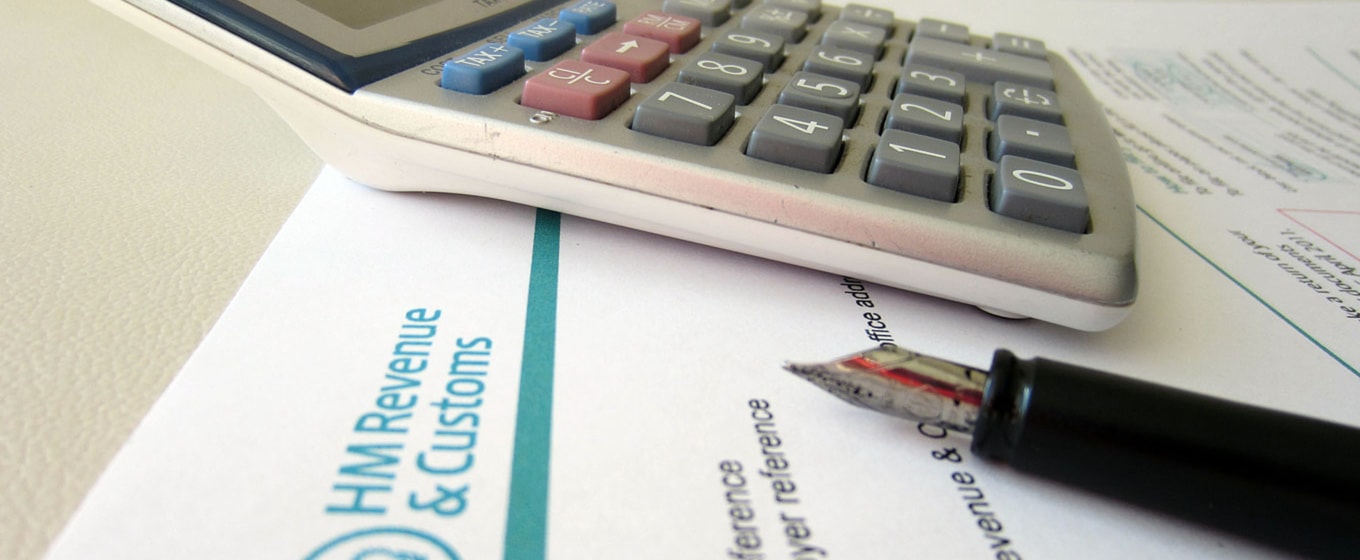The government has issued a strong response to a petition asking the government to scrap plans to force self-employed and small businesses to submit four tax returns each year, instead of the single annual HMRC submission.
By Tuesday 5 January the petition had attracted more than 103,700 signatures, forcing politicians to debate the issue in Parliament. A debate date is yet to be set, but the government has in the meantime released a statement defending its new Make Tax Digital scheme against the backlash:
Making Tax Digital will not mean ‘four tax returns a year’. Quarterly updates will largely be a matter of checking data generated from record keeping software or apps and clicking ‘send’. UK Government and Parliament
The government added that the technology will provide a “light-touch process” that is less time-consuming than the current system.
Higher accountancy fees
George Osborne announced in last November’s Spending Review a £1.3 billion investment for changes to the tax return system, making the UK one of the “most digitally advanced tax administrations in the world” from 2020.
The aim of the reforms is to remove the need for annual tax returns, however, many small business owners, such as the petition’s founder self-employed businessman Paul Johnson, fear the change will bring increases in administration, accountancy costs and risk of fines.
Paul explains on the petition:
At the moment we pay £1,200 a year in accountancy fees – this figure will greatly increase. The conservatives are not working for small businesses in bringing such legislation but adding burden.Paul Johnson, business owner
Also, The Telegraph recently estimated that the new tax rules would cost businesses and self-employed people between 20% and 150% more in yearly accounting fees. The publisher also reported that the Forum of Private Business estimated that quarterly returns would increase micro-enterprises' accountancy costs by £600.
Less complexity
In its statement on the online petition, the government also outlined the differences the changes will bring about:
- Quarterly updates will not involve all the complexity of a full tax return. The updates will be generated from existing digital business records. In most cases, little or no further entry of information will be needed. It will be much quicker to complete than the current tax return.
- As part of the process the business owner or individual will receive a developing in-year picture of their tax position, helping people have greater certainty about what they owe, allowing them to plan their finances more effectively. This differs from the current system where many taxpayers are caught out by their tax bill when it finally arrives.
- In-year updates will not be subject to the same sanctions for lateness or inaccuracies as apply now to the year-end position. HMRC will consult during 2016 on what sanctions might be appropriate for a more digital tax administration.
Potential for added pressure
British small businesses owners are determined to have their say on this essential issue, and with 99% of this country’s businesses being SMEs, the economy could be hit if they need to find money for potentially higher running costs. Also with other pressures from changes including the auto-enrolment, the new National Living Wage and Apprenticeship Levy, it’s no wonder the nation’s business leaders are nervous.




These cookies are set by a range of social media services that we have added to the site to enable you to share our content with your friends and networks. They are capable of tracking your browser across other sites and building up a profile of your interests. This may impact the content and messages you see on other websites you visit.
If you do not allow these cookies you may not be able to use or see these sharing tools.